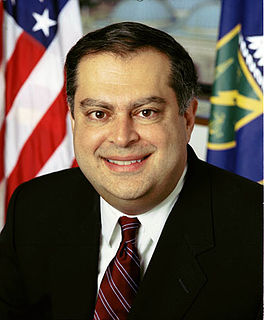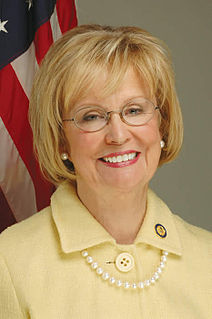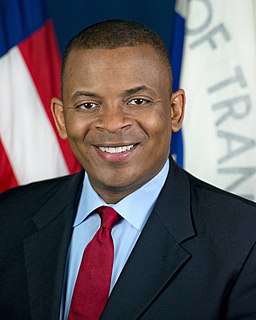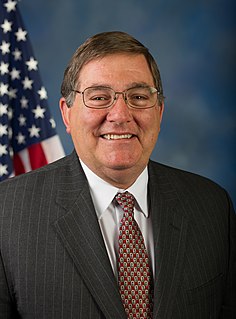A Quote by Spencer Abraham
The demand for electricity to have a strong, growing economy is too great to be simply offset by more conservation.
Quote Topics
Related Quotes
Now, many Americans fear that China might grow too strong ... I'm more worried that America might be getting too weak. It's not bad for the United States if other nations have a strong economy. One fewer hungry-mouthed country wanting us to take care of it and its people is great news. If they have money, maybe they will buy the things we innovate and make.
Even if America tomorrow - and it won't happen overnight - but if we did reduce our demand for gas and natural gas and crude oil by a significant degree, that does have an exponential effect on producers in the Middle East, everything else being equal. But if China's demand is growing and India's demand is growing, they are not going back.
Broadly speaking, Keynesianism means that the government has a specific responsibility for the behavior of the economy, that it doesn't work on its own autonomous course, but the government, when there's a recession, compensates by employment, by expansion of purchasing power, and in boom times corrects by being a restraining force. But it controls the great flow of demand into the economy, what since Keynesian times has been the flow of aggregate demand. That was the basic idea of Keynes so far as one can put it in a couple of sentences.
We no longer see the world as a single entity. We've moved to cities and we think the economy is what gives us our life, that if the economy is strong we can afford garbage collection and sewage disposal and fresh food and water and electricity. We go through life thinking that money is the key to having whatever we want, without regard to what it does to the rest of the world.


































